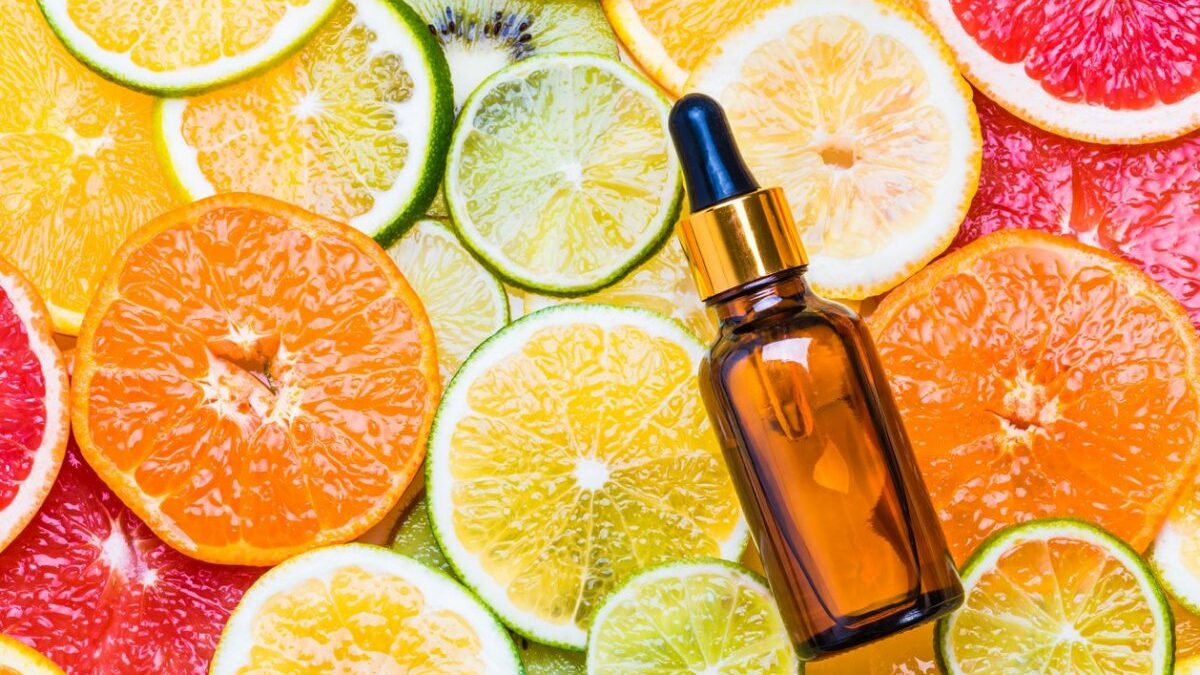
Healthy, radiant skin is a reflection of overall wellness and can be significantly influenced by the vitamins we consume. Vitamins play an essential role in maintaining skin health, preventing damage, and promoting a youthful appearance. In this guide, we’ll delve into the best vitamins for skin, their benefits, sources, and how to incorporate them into your daily routine.
Understanding Skin and Vitamins
Our skin is the largest organ of the body and requires various nutrients to function correctly. Vitamins are organic compounds that are crucial for maintaining skin health. They help in cell regeneration, repair, and protection against environmental damage. Let’s explore the most beneficial vitamins for skin health.
Vitamin A: The Skin Smoother
Vitamin A is a powerhouse when it comes to skincare. It promotes cell turnover, which helps in shedding dead skin cells and regenerating new ones.
Benefits of Vitamin A
- Reduces Wrinkles: Boosts collagen production, reducing fine lines and wrinkles.
- Fights Acne: Helps in preventing and treating acne by reducing inflammation and promoting skin regeneration.
- Evens Skin Tone: Improves skin texture and tone, making it smoother and more radiant.
Sources of Vitamin A
- Food: Sweet potatoes, carrots, spinach, and liver.
- Supplements: Retinol and retinoid creams are popular for topical use.
Vitamin C: The Brightening Agent
Vitamin C is essential for collagen synthesis and is known for its brightening properties. It’s a potent antioxidant that protects the skin from oxidative stress.
Benefits of Vitamin C
- Brightens Skin: Reduces pigmentation and evens skin tone.
- Boosts Collagen Production: Helps in the synthesis of collagen, maintaining skin elasticity.
- Protects Against Sun Damage: Neutralizes free radicals caused by UV exposure.
Sources of Vitamin C
- Food: Citrus fruits, strawberries, bell peppers, and broccoli.
- Supplements: Topical serums and oral supplements.
Vitamin E: The Moisture Lock
Vitamin E is a powerful antioxidant that helps in maintaining skin hydration and protecting it from environmental damage.
Benefits of Vitamin E
- Moisturizes Skin: Locks in moisture, keeping the skin hydrated.
- Heals Skin: Aids in the healing of scars and reduces inflammation.
- Protects Against Free Radicals: Shields skin from damage caused by free radicals.
Sources of Vitamin E
- Food: Almonds, sunflower seeds, spinach, and avocados.
- Supplements: Topical oils and oral capsules.
Vitamin D: The Sunshine Vitamin
Vitamin D is synthesized in the skin in response to sunlight. It plays a vital role in skin cell growth, repair, and metabolism.
Benefits of Vitamin D
- Promotes Skin Cell Growth: Essential for skin cell production and repair.
- Reduces Inflammation: Helps in reducing inflammation and soothing the skin.
- Fights Skin Conditions: Beneficial in treating conditions like psoriasis.
Sources of Vitamin D
- Sunlight: 10-15 minutes of sun exposure a few times a week.
- Food: Fatty fish, fortified dairy products, and egg yolks.
- Supplements: Vitamin D capsules and creams.
Vitamin K: The Healer
Vitamin K is crucial for the body’s healing processes and is beneficial in reducing various skin issues.
Benefits of Vitamin K
- Reduces Dark Circles: Helps in diminishing dark circles under the eyes.
- Heals Wounds: Accelerates the healing of wounds and bruises.
- Treats Skin Conditions: Effective in treating skin conditions like stretch marks and scars.
Sources of Vitamin K
- Food: Leafy greens, broccoli, and Brussels sprouts.
- Supplements: Topical creams and oral supplements.
FAQs
What vitamins are best for glowing skin?
Vitamins A, C, and E are excellent for achieving glowing skin. They promote cell turnover, brighten the complexion, and lock in moisture.
Can vitamin supplements improve skin health?
Yes, vitamin supplements can enhance skin health by providing essential nutrients that might be missing from your diet.
How does vitamin C help with anti-aging?
Vitamin C boosts collagen production, which helps in maintaining skin elasticity and reducing the appearance of fine lines and wrinkles.
Is it better to get vitamins from food or supplements?
While getting vitamins from food is ideal, supplements can be beneficial if you have deficiencies or specific skin concerns.
Can vitamins cause skin irritation?
Some vitamins, particularly in high doses, can cause skin irritation. It’s important to follow recommended dosages and consult a healthcare provider.
How long does it take to see results from vitamins?
It varies, but generally, it can take a few weeks to a few months to notice significant improvements in skin health.
Are topical vitamin products effective?
Yes, topical products containing vitamins like C and E can be very effective in targeting specific skin issues directly.
Can I use multiple vitamin products together?
Yes, but it’s important to ensure they are compatible and not overwhelming for your skin. Consulting a dermatologist is advisable.
What are the signs of vitamin deficiency affecting the skin?
Signs include dry skin, frequent breakouts, slow wound healing, and increased sensitivity to environmental factors.
Are there any side effects of taking too many vitamins?
Yes, excessive intake of vitamins can lead to toxicity and adverse effects. Always adhere to recommended dosages and seek medical advice if needed.
Conclusion
Incorporating the right vitamins into your skincare routine can significantly enhance your skin’s health and appearance. Whether through diet, supplements, or topical applications, these vitamins play a pivotal role in maintaining a youthful, radiant complexion. Remember, consistency is key, and it’s always best to consult with a healthcare provider to tailor your vitamin intake to your specific needs.
- Gaslighting In Relationships And How To Spot It - May 9, 2025
- Juvederm Volite Skin Booster Treatments Near Carshalton, Surrey - May 7, 2025
- Can Filler In Temples Migrate? - May 7, 2025


